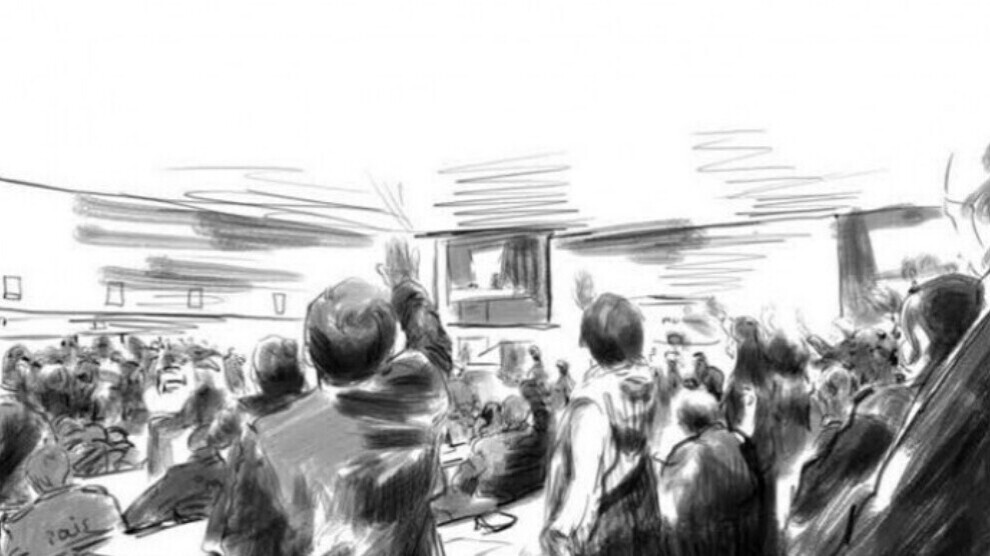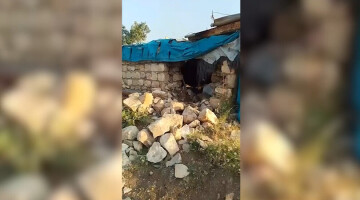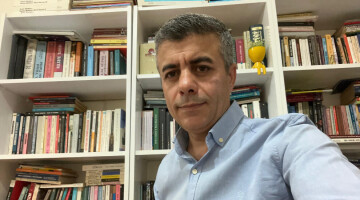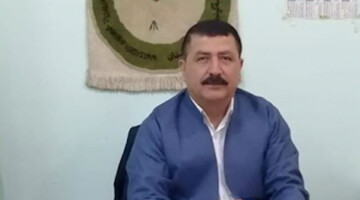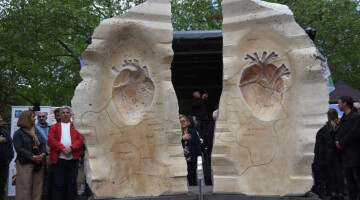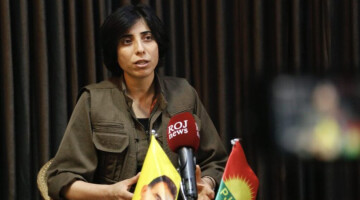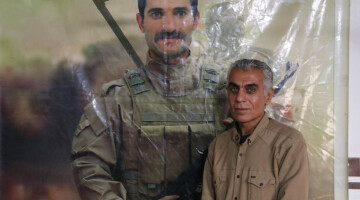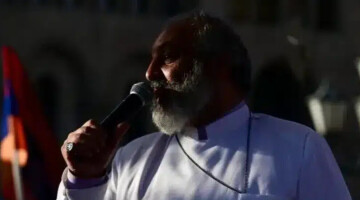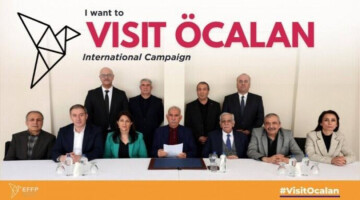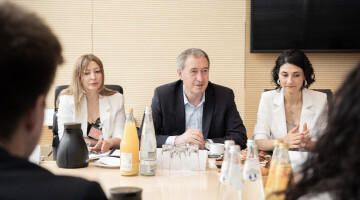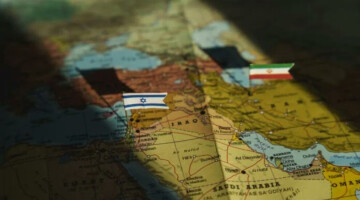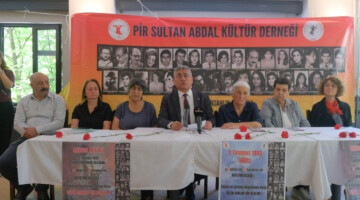The 12th hearing of the Kobanê Case, in which 108 people, 21 of whom in prison, are under trial, was held in the Sincan Prison Campus courtroom.
Kurdish politician Zeynep Ölbeci stated that the Alevi culture in which she grew up constituted the basis of her being oppressed.
Pointing out ISIS's massacre of Yazidis under the name of Islam as the most recent example, Ölbeci said: “ISIS dirtied the entire philosophy of Islam. We are on trial here because we are protesting against ISIS."
Ölbeci continued: "Kurdish Alevis resisted and kept the Kurdish culture and Alevi belief in Kurdistan. After the Yazidis, the Alevis were the people who suffered the most massacres.”
Reminding that the Koçgiri and Dersim massacres took place after the establishment of the Republic, Ölbeci said: “The Dersim Massacre was one of the biggest genocides. Undoubtedly, there have been hundreds of such massacres.”
Ölbeci recalled the torture of women by the fascists in Maraş and said: “At that time, my cousin was there during that massacre. These massacres were sometimes carried out by fascists and sometimes by soldiers. This happened in the Sivas, Gazi, Maraş, Çorum massacres.”
Ölbeci told the court: "You are not on the right path," and added that she is fighting for a dignified life and the solution to the problems of society.
Ölbeci said that she was born in Adıyaman in 1973 and that her childhood was spent in the shadow of the 12 September 1980 coup. “Soldiers raided our village every day, every week. Every time they came, the children would gather everyone in the cemetery, and everyone was tortured there. One day, soldiers came to the village. They gathered all people. They surrounded the people and brought us from school. In Alevi belief, moustache and beard are considered sign of honor. If someone touches those beards and moustaches, he is attacking the people’s honour. The soldiers who came to the village asked for scissors from the nearest house. The people of the house did not give scissors. A commander who called himself 'Karabela' plucked my uncle's beard and moustache with his hands and fed them to him. A woman's cry stopped this massacre. The soldier went home and bought a pair of scissors, and cut my uncle's beard.
Then another day they gathered the people for the second time in the cemetery. They separated men from women. They took the men because they said there was an operation. They left the old women and took the others. They put the villagers in a line and made them ran 2-3 kilometres. They hit the heads of the fallen with batons. They beat those who were out of breath. I never forget that it was my sister who was beaten the most. The reason was that she never fell on the road."
The hearing was adjourned until 9 May.

